
The earliest humans have only leaves, gourds, animal skins, and the occasional hollowed out bit of wood to transport belongings. Very eco-friendly but not very durable. Especially when stored in a drafty mammoth-bone hut.
19th Century shopkeepers are individually fashioning crude paper bags for customer purchases. Son of a paper maker, Elisha Robinson, hits upon the Dragons’ Den-worthy idea of supplying retailers with ready-made paper bags.
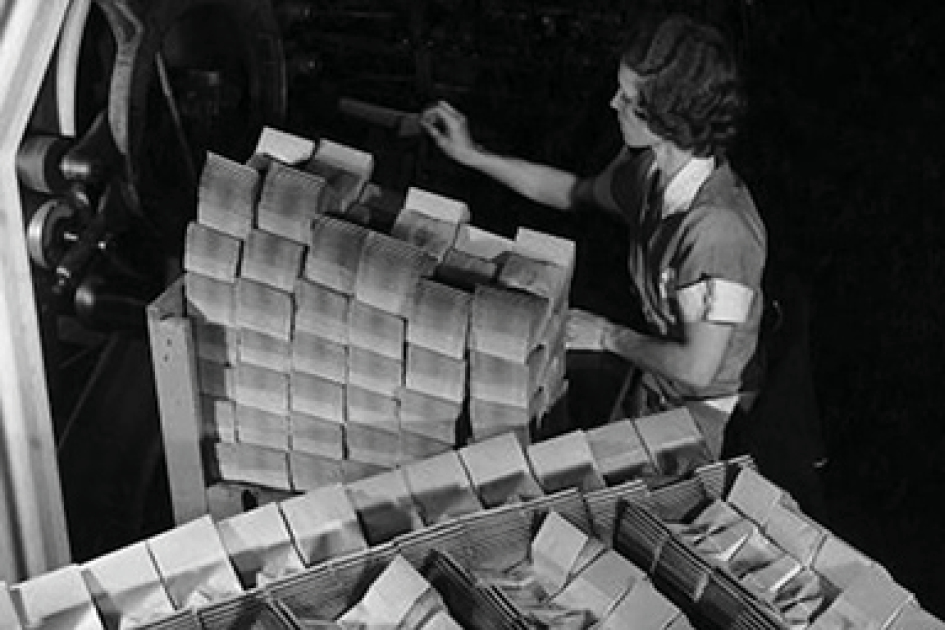
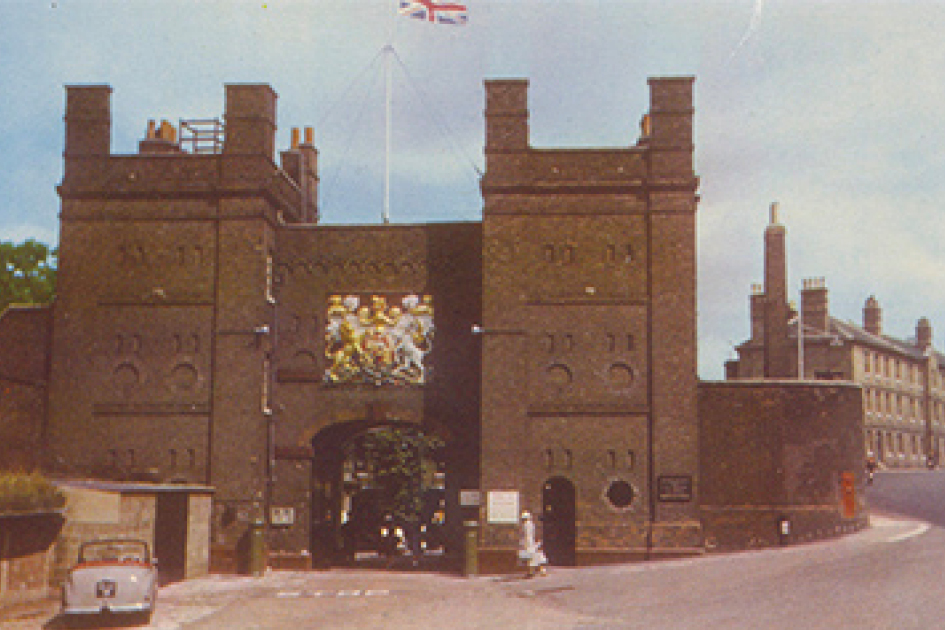
Malcolm Pollard, founder of the Actionpoint Group, is working as secretary to the Admiral at Chatham Historic Dockyard. Unaware of the great things that lie ahead for the Pollard family and the packaging industry.
Here a brand-new family business is born. Malcolm calls it Supply Lines and provides shops with traditional retail packaging such as paper bags, tickets, and stars. At first, Malcolm uses public transport, the family car, and a lot of shoe leather to collect or drop-off orders. But within a year, Supply Lines has its own delivery van.
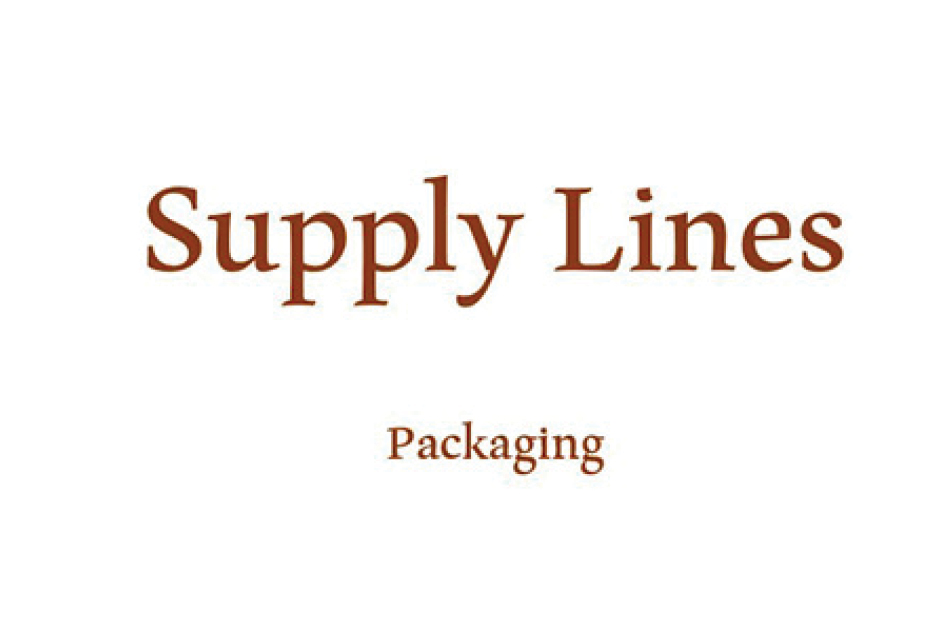
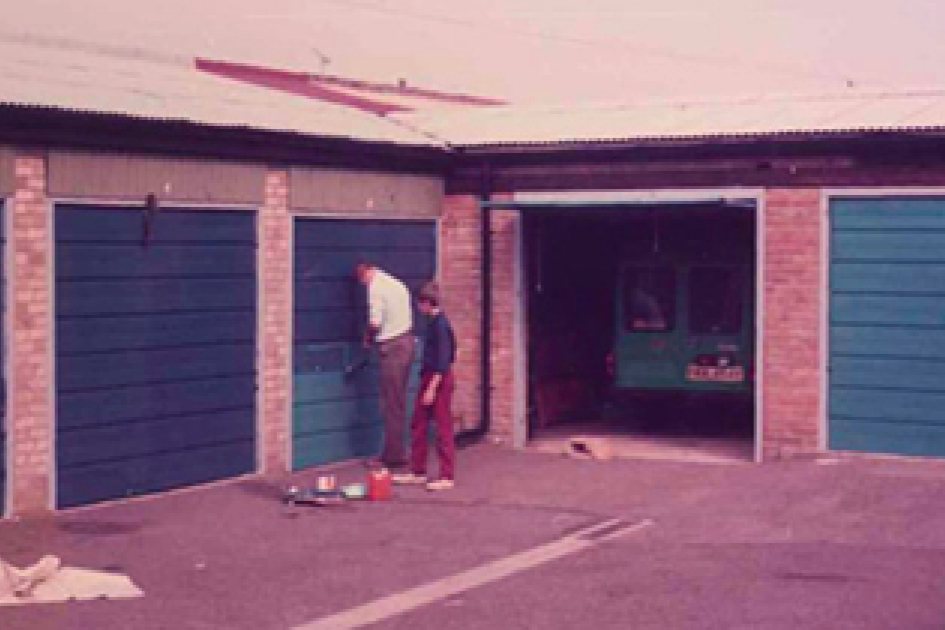
The new company base is a lock-up garage in the back garden of the family home in Gillingham. In time, this extends to the whole row of garages and includes a small office space inside one of them. An early lesson in how to adapt to chilly and damp storage environments.
Britain’s high streets are bustling with independent shops and stalls. Small retail packaging is all the rage as shopkeepers’ clamour for a regular supply of bags, labels, and ribbons. Many hours are spent walking up and down high streets across Kent keeping customers happy.
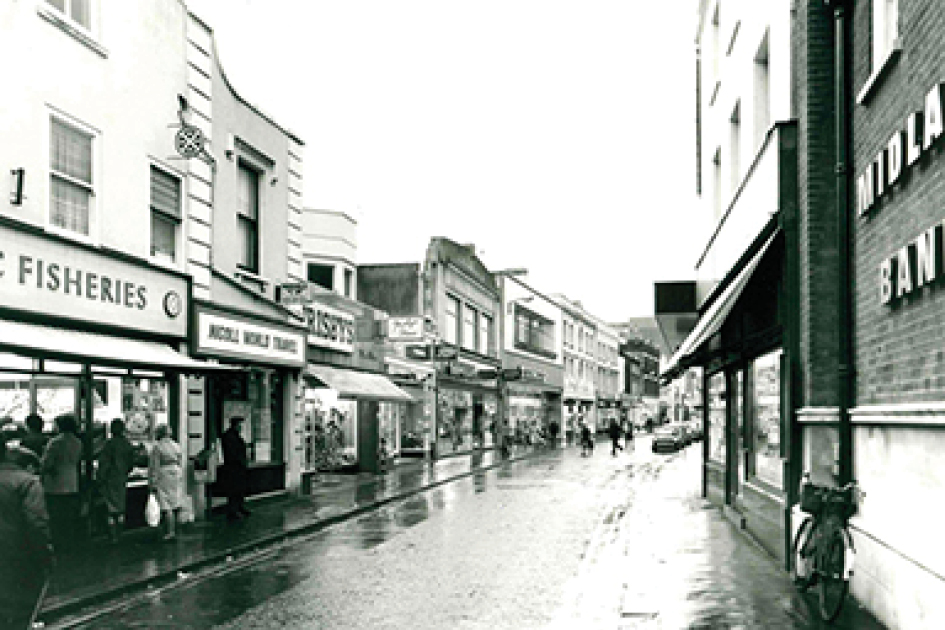
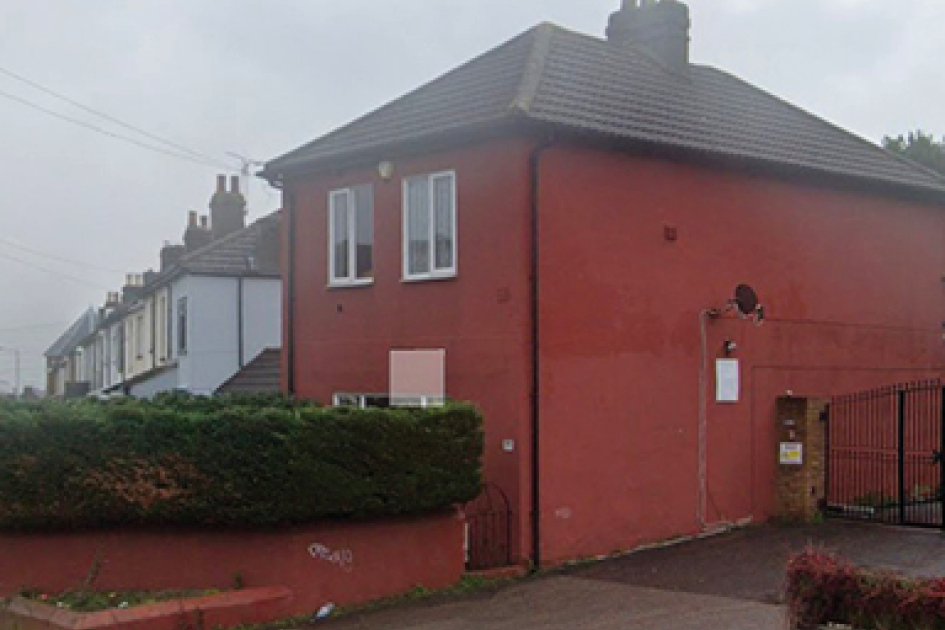
Malcolm buys the property next door, moving the family to a new home. Their old house becomes the new base for the business.
Malcolm’s eldest son, Graham, joins the company. Fresh out of college, he starts driving the van and selling to the shops. Three years later, in 1988, he is followed by brother Kenneth who looks after the warehouse, stock, incoming calls, and customers.,

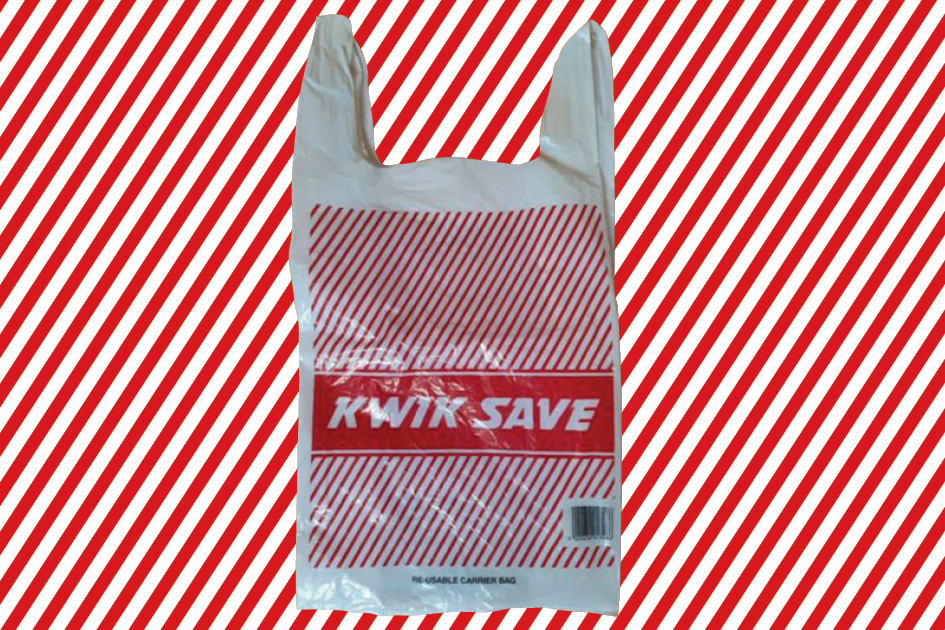
Supply Lines’ first order is received for branded packaging – some printed plastic carrier bags for a fashion clothing boutique. They feature the shop’s logo, street address, and telephone number. Also, the World Wide Web is invented. That comes in handy later on.
Chain stores and department store brands are taking over, and they don’t need a local packaging supplier. The Pollard family see which way the wind is blowing, and switch focus to industrial packaging.
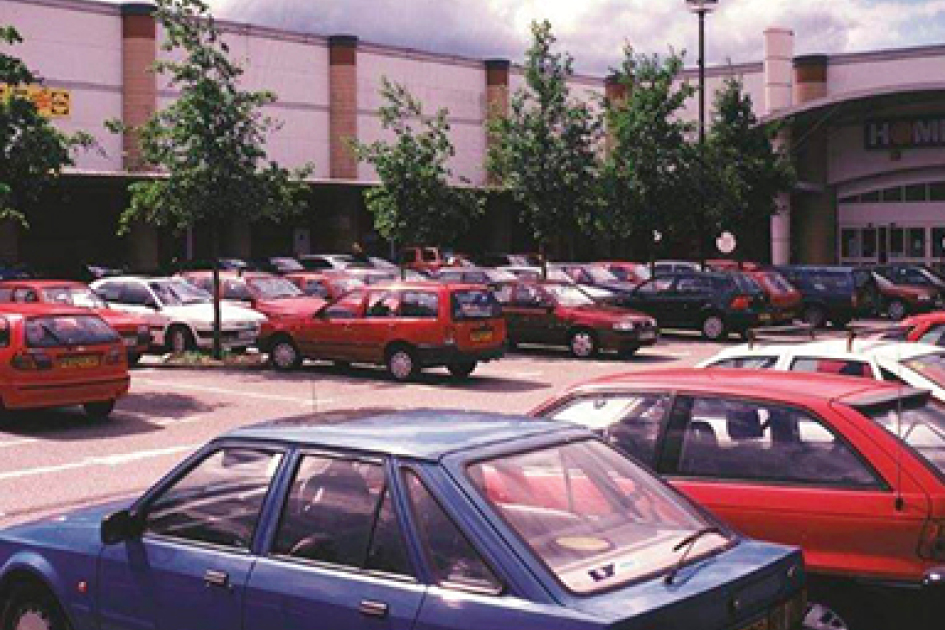
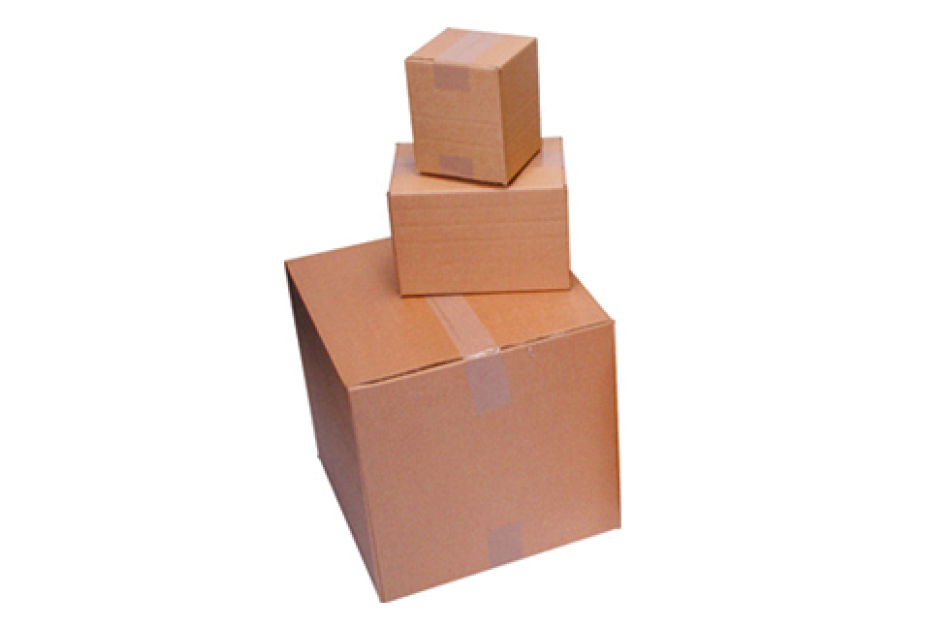
A customer comes to Supply Lines in need of a uniquely sized container for repacking homeware goods. It’s a simple job to take a standard grade box and make it to a bespoke size. But it’s a light bulb moment. Two years later, in 1993, Julian Pollard joins his two brothers in the business. He takes care of the industrial packaging aspect, developing corporate relationships with manufacturers.
Amid the publication of Harry Potter and the Philosopher’s Stone, and sightings of the Hale-Bopp comet, Russell starts looking after Supply Lines I.T. systems and finance. The family’s attention is currently taken up with selling off-the-shelf items such as tapes, boxes, and bubble wraps. A trickle of bespoke orders starts coming through, but it will be a few years before personalised packaging really takes off.


Supply Lines is out and Actionpoint is officially born. Plus,
sub-company Actionpoint Promotions is created to cater for requests for miscellaneous printed items such as pens and mugs. Added to this, the first HGV joins the fleet (driven on Grandfather, or acquired, license rights), which is much better for transporting the bulkier industrial packaging.
The company settles in new, purpose-built (and present-day) headquarters – in Chestnut Court in Rainham, Kent. This brings office space for the nine full-time members of staff and the company’s first proper warehouse. No more lock-up garages. The same year, the paper industry has an unlikely publicity boost as Ricky Gervais’s sitcom The Office (about a paper company in Slough) is aired.
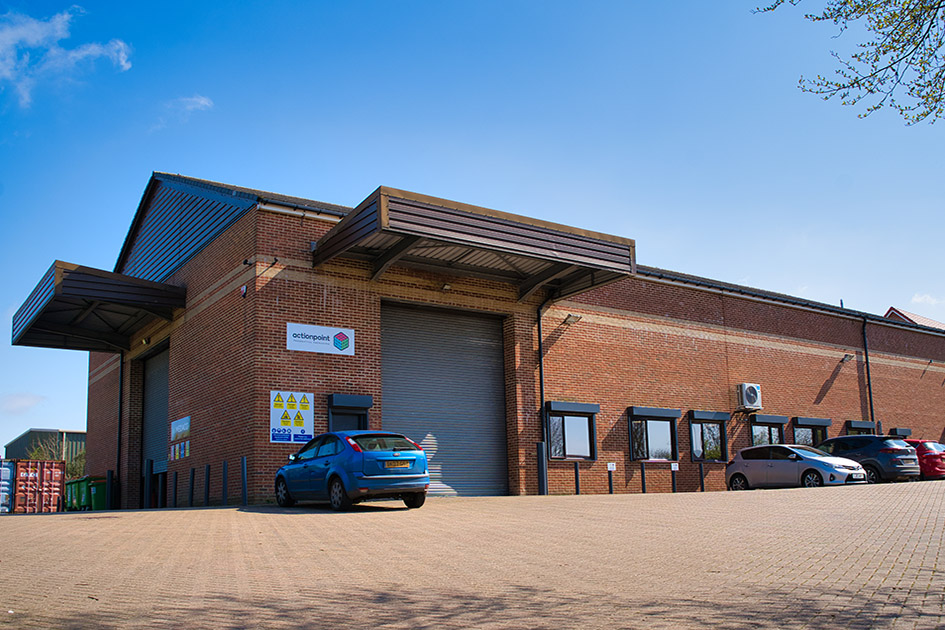

It’s anchors aweigh for Graham’s eldest son Luke, who joins Actionpoint the same year that Britain’s Ellen MacArthur beats the record for solo sailing around the world. Luke leaves college to work in the business starting in the warehouse. Over the years, he moves into sales support, product sourcing and pricing, sales and marketing, and is appointed Managing Director in 2014.
He begins in the warehouse and later becomes an internal sales account manager, then a sales rep, and finally Strategic Account Director. Also in 2010, Actionpoint has found its true calling: helping customers with bespoke packaging. Specifically, small-to-medium size manufacturers of higher value items which have the most need for specialist packaging solutions. A year later, in 2011, Actionpoint buys out another packaging company and doubles its warehouse capacity overnight. The additional space means customers can now take advantage of bespoke ‘stock and serve’ agreements.

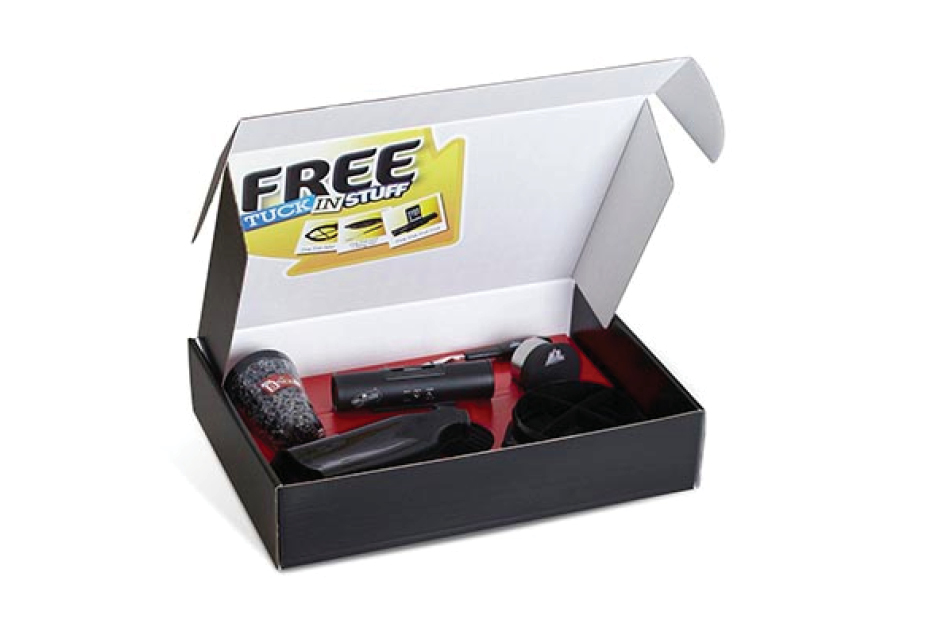
He starts in a junior sales and telemarketing role. Over time he works in most positions including account manager, warehouse manager, sales support (getting quotes for sales reps and checking product specifications), and ultimately in product innovation as Technical Director.
As with his siblings, he has been helping out in his spare time for many years, but his first full time role is in the finance department. Later, Sam works in marketing and sales support before ending up Director of Finance and Technical Systems.


Actionpoint distils 40 years of packaging experience into the newly launched Insight programme. This service scrutinises a customer’s packaging processes, including warehouse workflow and supply chain and quality issues. A report identifies problem areas and how to improve them – with an average cost saving of 17%.
Having spent many years helping customers to reduce packaging waste, Actionpoint fully embraces environmental responsibility. The ongoing process begins of researching sustainable packaging, pioneering earth-friendly developments in the sector, and building a toolkit of options to help customers be greener. Within two years, Insight Eden is launched, examining customers’ packaging processes and offering advice on, and access to, sustainable alternatives. Also in 2018, a growing customer base leads to Actionpoint increasing warehouse capacity by an additional 45%.

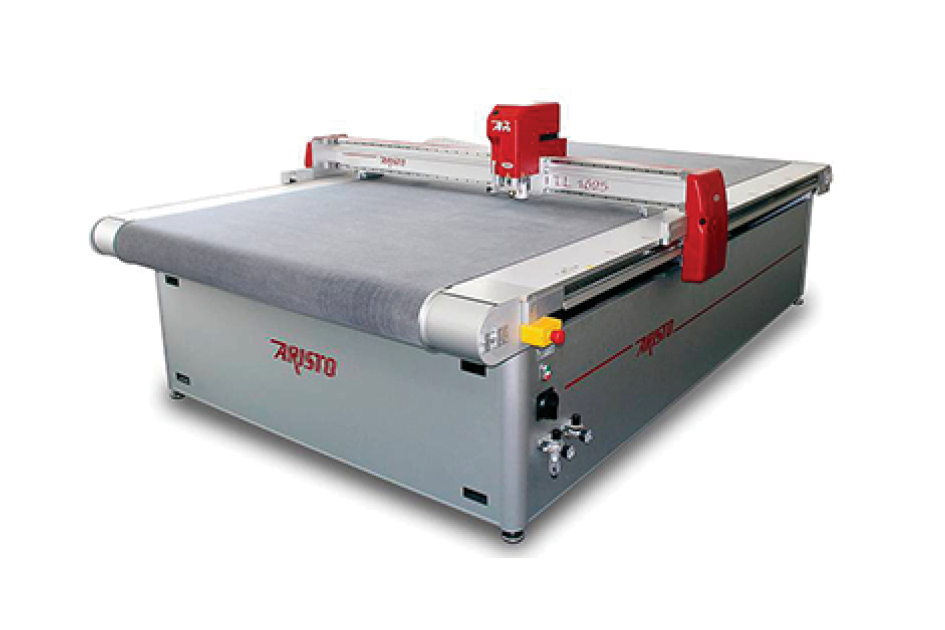
Several national and local lockdowns are put into effect, but Actionpoint continues helping customers with their packaging needs. A Computer Aided Design (CAD) cutting table is installed for a fast, in-house sampling service. Wait time for highly bespoke prototypes is cut from several weeks to 48 hours. In December, the UK officially leaves the EU single market and customs union.
Despite the continuing challenges of Covid-19 and Brexit, Actionpoint moves its warehouse to bigger premises. The property at Eastchurch in Sheppey increases warehouse space by another 35%, addressing the huge uptake in ‘stock and serve’ and hosting new facilities for bespoke product assembly.
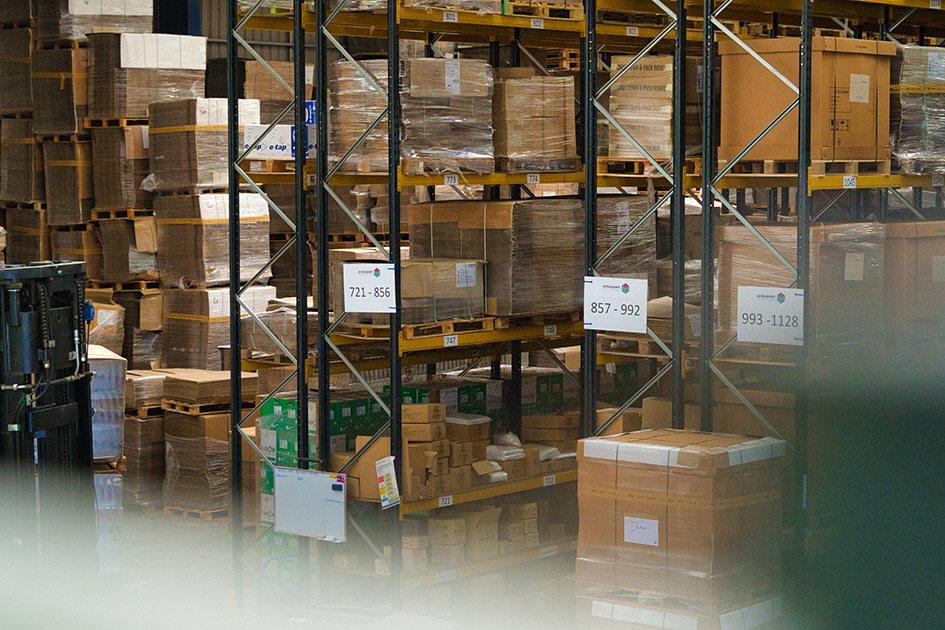
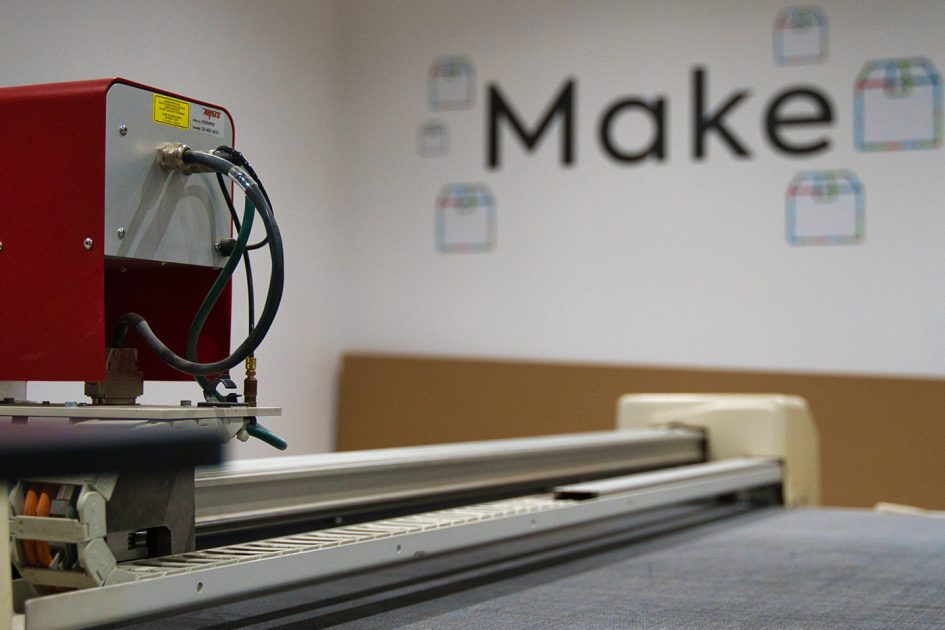
In April, Actionpoint launches its high-tech, purpose built bespoke packaging facility. The Lounge (a nod to founder Malcolm’s first venue when starting up the business) is a place where customers can sit down over a coffee with the packaging experts to discuss, design, create, and test a bespoke packaging solution there and then.
It becomes clear there are three key areas where companies need the most help with their packaging: driving efficiencies, taking environmental steps, or creating a new design for a product launch or rebrand. And so, the Insight packaging review is updated to focus on each of these themes. Insight and Insight Eden are replaced by a programme of three distinct packaging reviews – Efficiency Insight, Environmental Insight, and Design Insight.

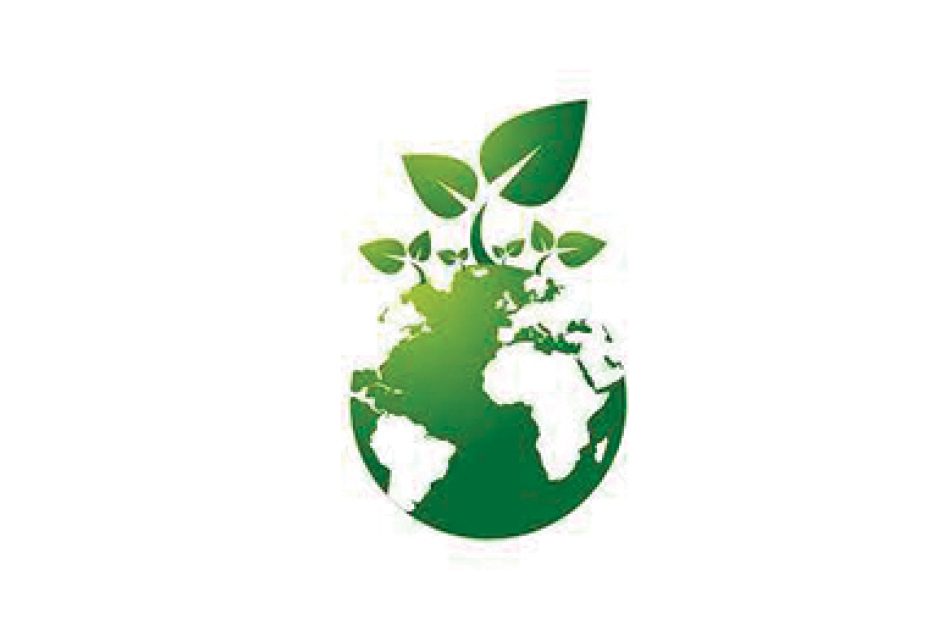
The Actionpoint team continue to help manufacturers to improve their packaging choices, processes, and profits. And their passion for all things sustainable continues unabated.
As we celebrate our 50th anniversary in in 2025, we reflect on our journey – from our humble beginnings to becoming a trusted partner in the industry. Join us a s we look ahead to the future of packaging, driven by creativity, integrity, and a commitment to excellence. Will you be part of the next chapter of our story?
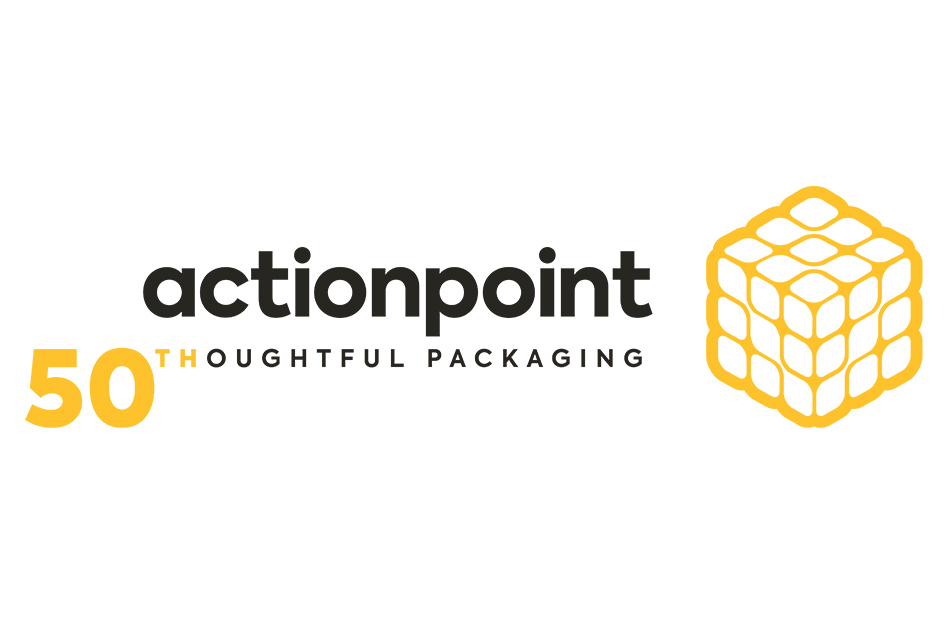
Copyright © 2024 Actionpoint Ltd
PET (1) and HDPE (2) are widely accepted in household recycling waste. Soft/flexible LDPE (4) products like carrier bags can be taken to supermarkets. Remember that recycling facilities differ between councils, so check with your local authority to see what you can put in your home recycling bin.
PP. Polypropylene e.g. bottle caps, margarine tubs, carrier bags.
PS. Polystyrene e.g. takeaway cups and containers, yoghurt pots.